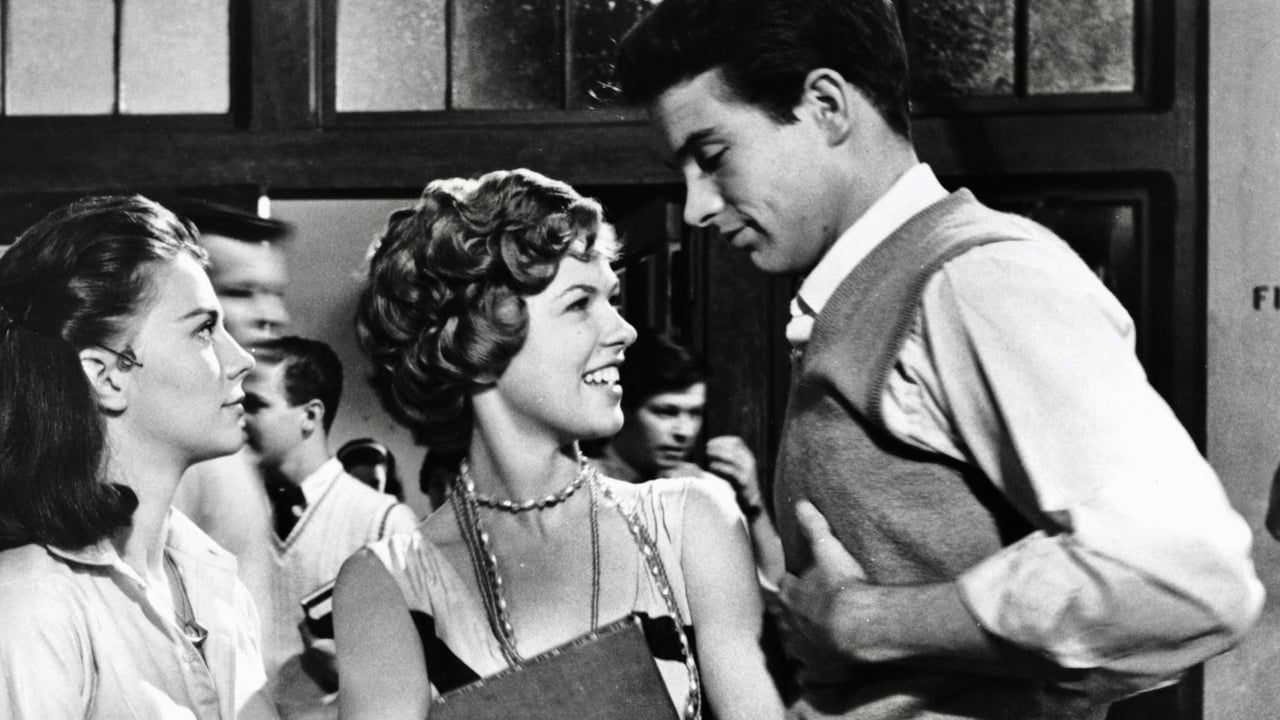

Let's be realistic.
... View Morei know i wasted 90 mins of my life.
... View MoreGood story, Not enough for a whole film
... View MoreThe film may be flawed, but its message is not.
... View MoreSince the mid 1950s, Hollywood stood at the forefront of changing the public opinion and controversy that his movies brought were meant to appeal to the average viewer and make him/her think and/or question the deeply rooted conservative attitudes. Elia Kazan's mastered the subject of forbidden love, social prejudices and tragic romance in his movies, while simultaneously managing to create some of the most famous male and female couplings in the history of western cinema. "Splendor in the grass" has turned the public's eye to a young and handsome Warren Beatty and also enthroned Natalie Wood as the tragic heroine of love stories in that era. The two actors perfectly clicked both on and off the screen and managed to guide the viewers all the way through one love story that started as a beautiful thing but resulted in one of the most heartbreaking ending scenes of all times. "Splendor in the grass" is a true, real life, tough, beautiful and tragic love story for all times.
... View MoreGood movie to visit with your youth and high school days even though this takes place in the early 1900's it still helps to bring back the memories for the viewer. Quality acting and realistic story of life for teens in a simple town some where in the USA. The story has a sensuous undertone and feel as we watch hormones go to work but never really finding closure. The emphasis at that time in that place was being a good boy and girl and if you were not you were known for that too. The movie brings in the crash of 29 and how it changed lives as well as having all that life can offer and not being happy. Wholesome down to earth scenes of family dinners, dances, gatherings and some high school thrown in. Gather ye rosebuds while ye may for time old time is still a flyin for this same flower that lives today tomorrow will be dying applies here...
... View MoreDear Elia Kazan, here are a few random and rambling thoughts on your film. Splendor in the Grass was mainly an intense and adult romantic drama about the love between two teenagers from different classes of American society. It also told the social history of America what with the stock market crash and the prohibition forming an important part of the film. The film reflects the attitudes of American society towards women in the 1920's. John Huston said that "Half of directing is casting the right actors". Well, you couldn't have asked for a better lead pair than Natalie Wood and Warren Beatty. Wood was in full bloom in this film as a lower class girl who is eager to please her upper class boyfriend while being intensely aware of society's reactions to her love affair. Beatty was intense and dreamy as an upper class boy who is struggling with his father's expectations that are in direct conflict with his own aspirations. William Inge writes many beautiful scenes - the best being the one in the classroom when a sad and distracted Natalie Wood (after being dumped by Beatty) is pulled up by her teacher for not being able to explain the meaning of a poem. It is a heartbreaking scene as Natalie struggles to hide her despair and actually comes up with an interesting explanation. I am usually not a fan of romantic dramas but this one was sad, memorable and affecting.Best Regards, Pimpin. (8/10)
... View MoreThis film has at its heart the problem of young people desperately in need of medical knowledge that neither the family doctor nor the parents will provide. It was not considered appropriate. Deanie's mother says, after the stresses of the girl's situation has caused a nervous breakdown, "Deanie, I told you what my mother told me." Bud's family doctor refuses to help him. In Dreiser's An American Tragedy (which became the film A Place in the Sun) the hero, Clive,is similarly not helped by the doctor he consults. His girlfriend becomes pregnant and she then "dies" in a boating accident. The older generation sees the whole subject as Trouble, and doesn't see medical information as important to impart.
... View More